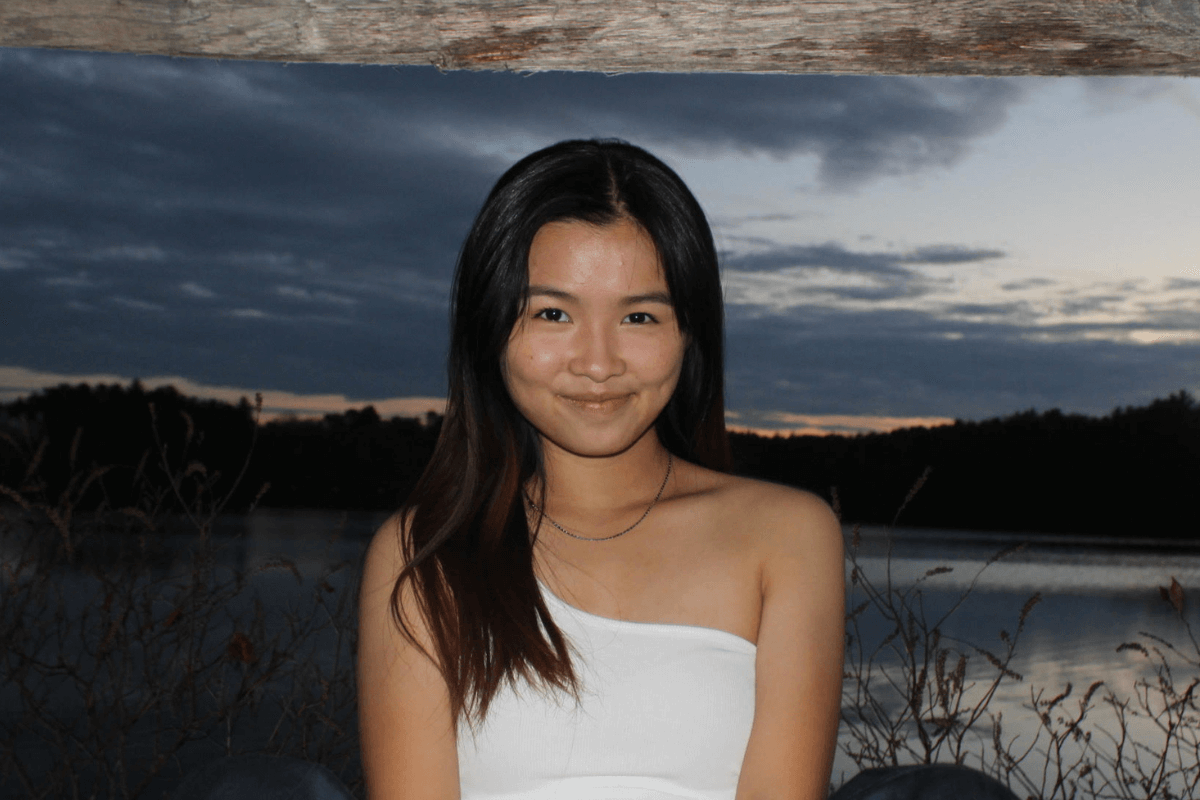
This post was written by Becky Chen, a member of the Wellesley College Class of 2023 who took a Calderwood Seminar on public writing taught by WCW Senior Research Scientist Linda Charmaraman, Ph.D.
It was 1 a.m. I was performing a nightly ritual: lying in bed scrolling through TikTok. I came across a video with the title “5 Signs You Have ADHD” that listed things like forgetfulness, inability to tell a story in a linear manner, and distraction as symptoms of attention deficit hyperactivity disorder (ADHD). To my surprise, I found myself feeling incredibly aligned with the video. In the comments, people expressed feelings of validation—of “feeling seen.” As a college student, I was surprised and taken aback but intrigued by the possibility that I had a disorder that could explain some of the experiences I’ve had.
The hashtag #ADHD has garnered 14.5 billion views on TikTok, the social media platform that 67% of teens are on. When you search this hashtag, you can find videos that contain resources, skits, advocacy, and community-building related to ADHD. These videos have been credited with destigmatizing and deconstructing the shame that can often be attached to people with ADHD, while also raising concerns among professionals about how easily misinformation can spread.
One of the main reasons for concern is the increase in teens turning to social media to self-diagnose themselves with mental illness. In the comments section of many of these videos, you can see comments that echo the sentiment I had of thinking I have ADHD.
The conversation about ADHD is especially salient with women and other populations that have been underrepresented when it comes to the diagnosis. For the first time, they feel seen, as studies show girls are half as likely to be diagnosed with ADHD as boys—often due to the phenomenon of “masking,” of being quiet and obedient, in line with society’s expectations of how girls should behave.
One of the benefits of these TikToks is that they make information about ADHD and neurodivergence accessible. Anyone who has a mobile device can tune into the app to learn more. This is especially imperative in cultures where mental health and disability are not often talked about. We see historically marginalized communities often co-construct their identities within the social media sphere, and this can also be true for neurodivergent creators who are able to find community on TikTok.
However, experts worry about these videos hitting the mainstream. There has been an increase in misinformation and oversimplification of ADHD. One study showed that almost 52% of videos on ADHD contain some sort of misleading information. Only 11% of the creators of this kind of content are certified professionals. There has also been conversation about TikTok glorifying neurodivergence, fueling embarrassment among members of the neurodivergent community.
It is clear that there is a huge need to implement mental health education in U.S. classrooms. Youth should not be turning to social media to self-diagnose. We can see this as a reflection of the way our current systems have failed to offer safe, trusted paths when they’re feeling othered. Destigmatizing mental health and neurodivergence is crucial to help youth sort through what is accurate versus misleading information. Another way schools can support youth is in providing more transparent and accessible resources for mental health support and opportunities to get tested for learning disabilities like ADHD, including therapists and counselors.
Since that 1 a.m. night, I have been diagnosed with depression and anxiety, coming to learn that many of the symptoms often manifest in similar ways to ADHD. From my own personal journey of exploring ADHD and neurodivergence, I’ve learned that social media can be a powerful space to find community, share your thoughts, and illuminate steps to better your mental health—but it cannot be your only resource on your mental health journey. Leave it to professionals to provide an accurate diagnosis along with research-based steps to improve your mental health.
Becky Chen is a member of the Wellesley College Class of 2023 studying cognitive and linguistic science and education studies.


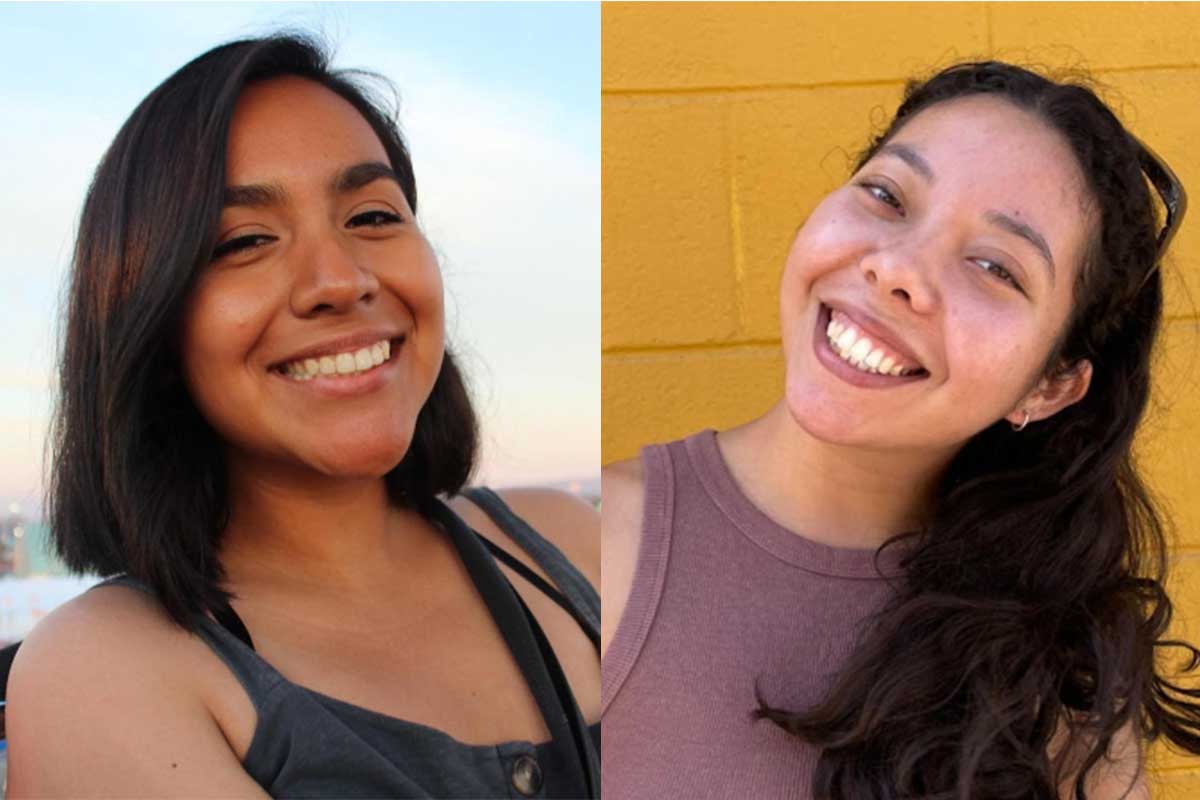
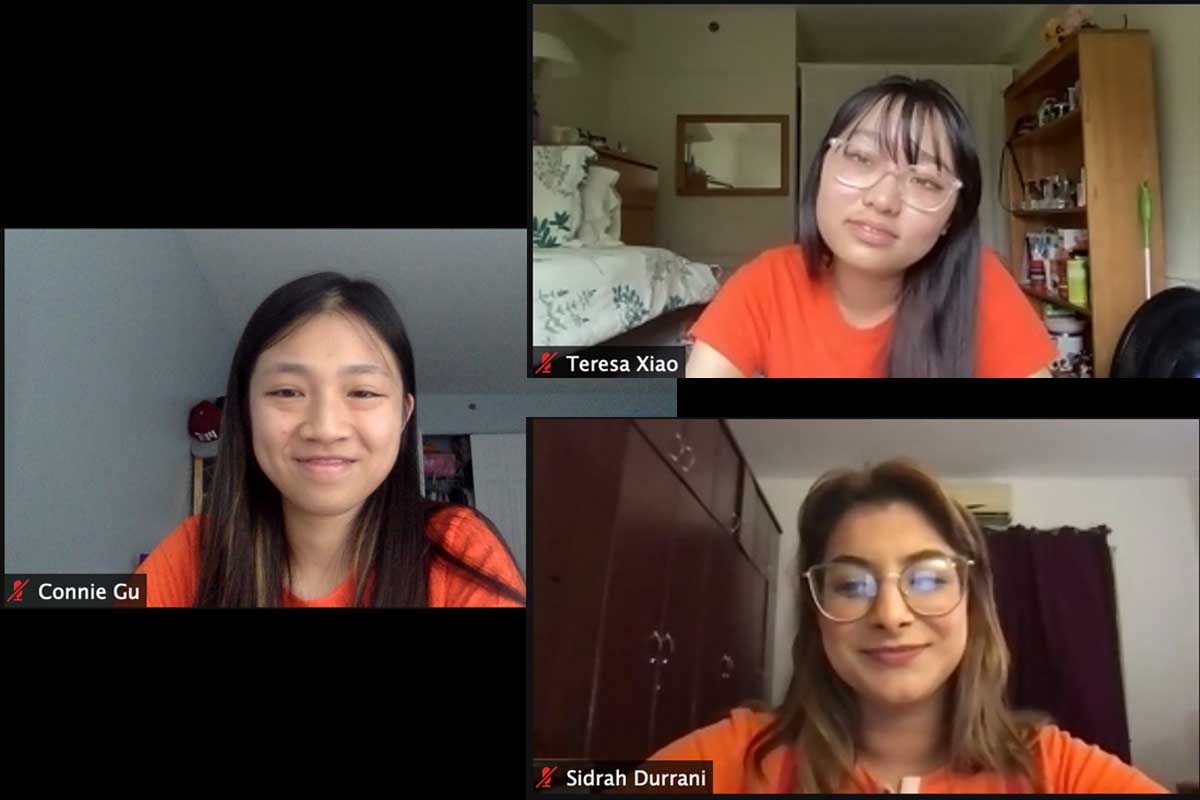
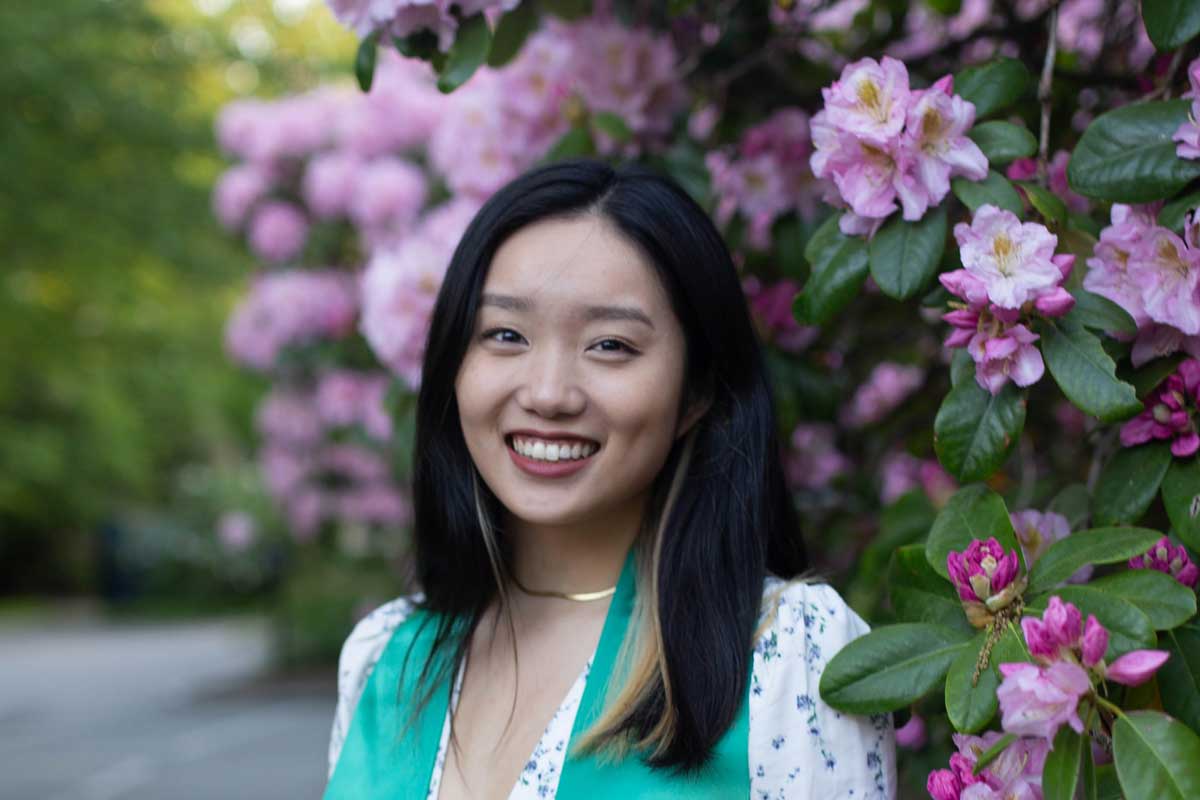
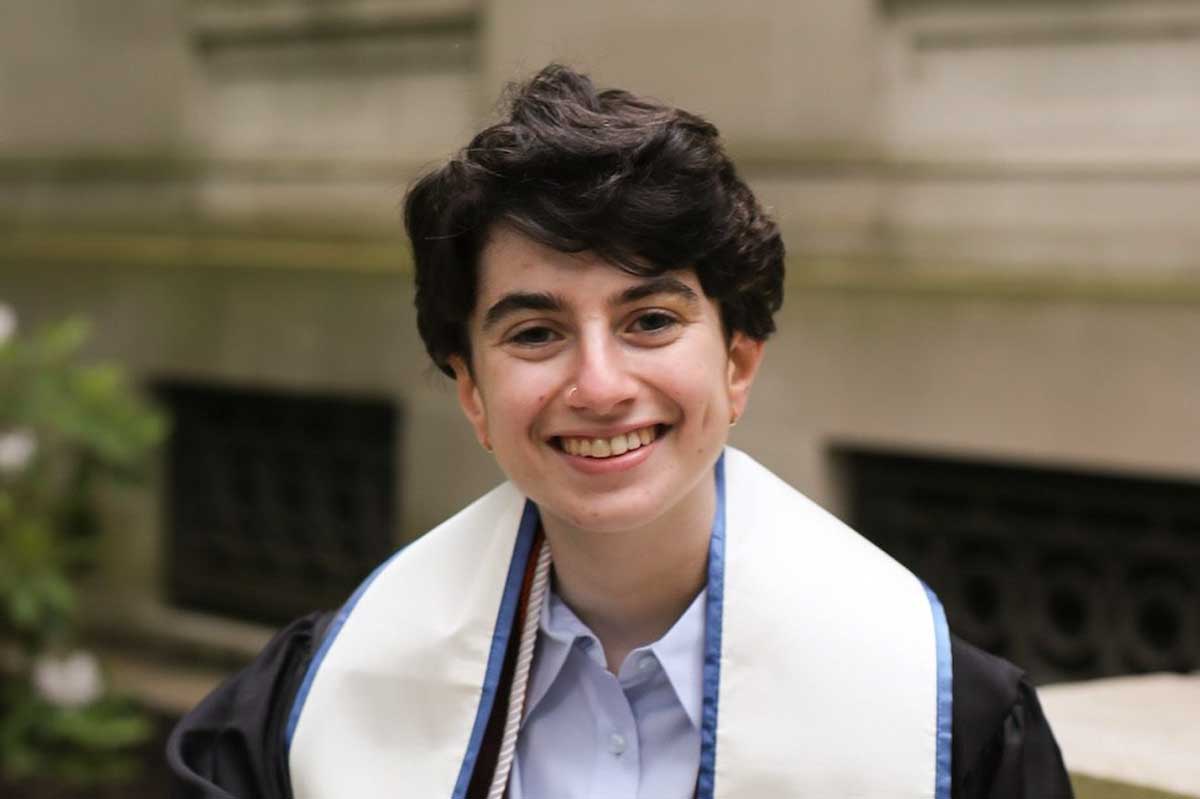
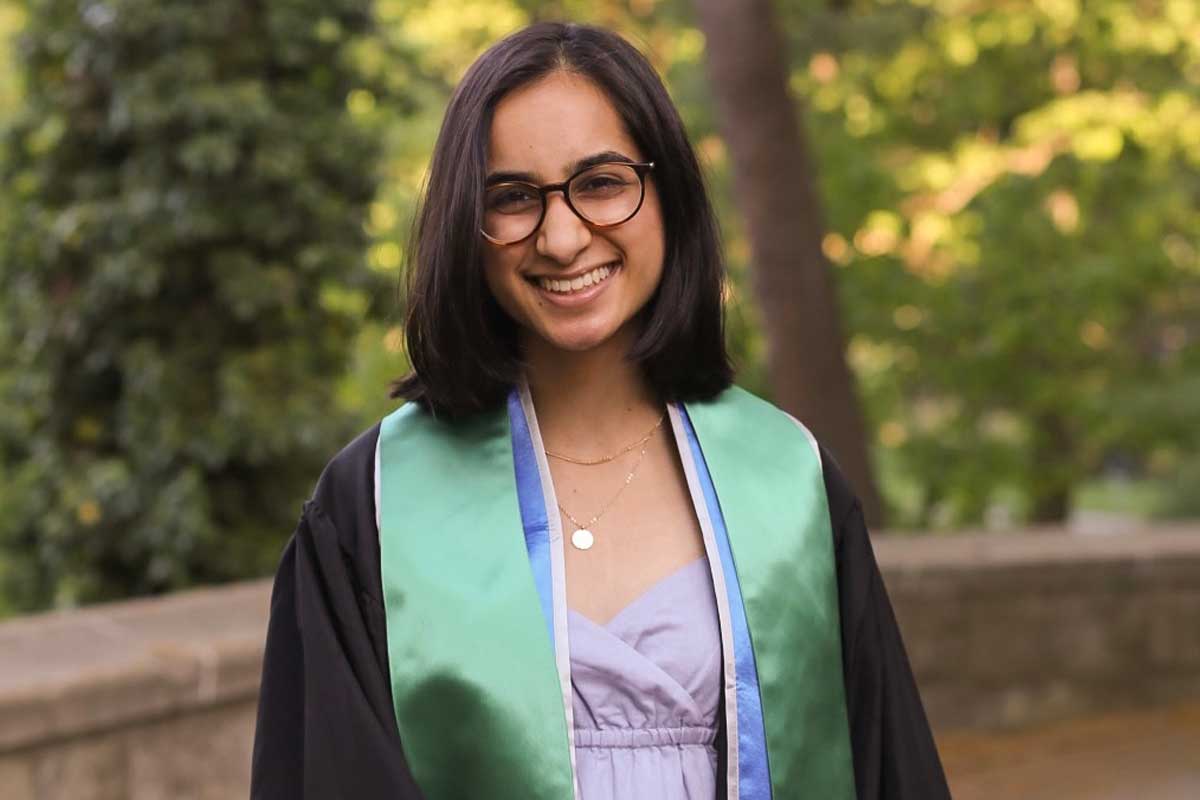
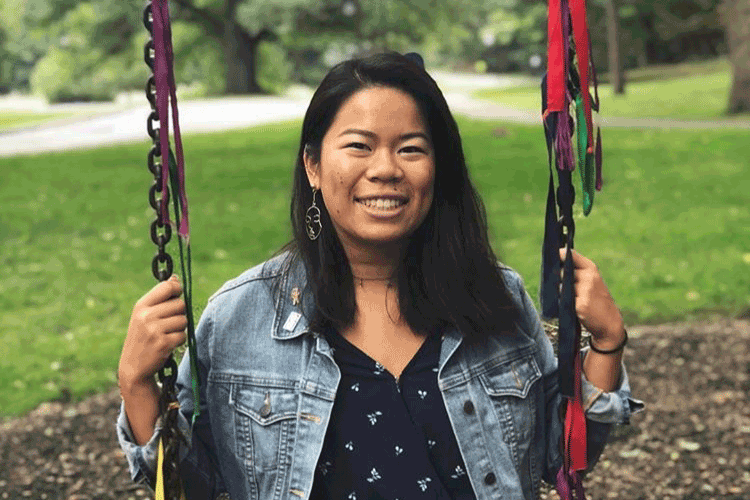 I spent the past semester working with Professor
I spent the past semester working with Professor 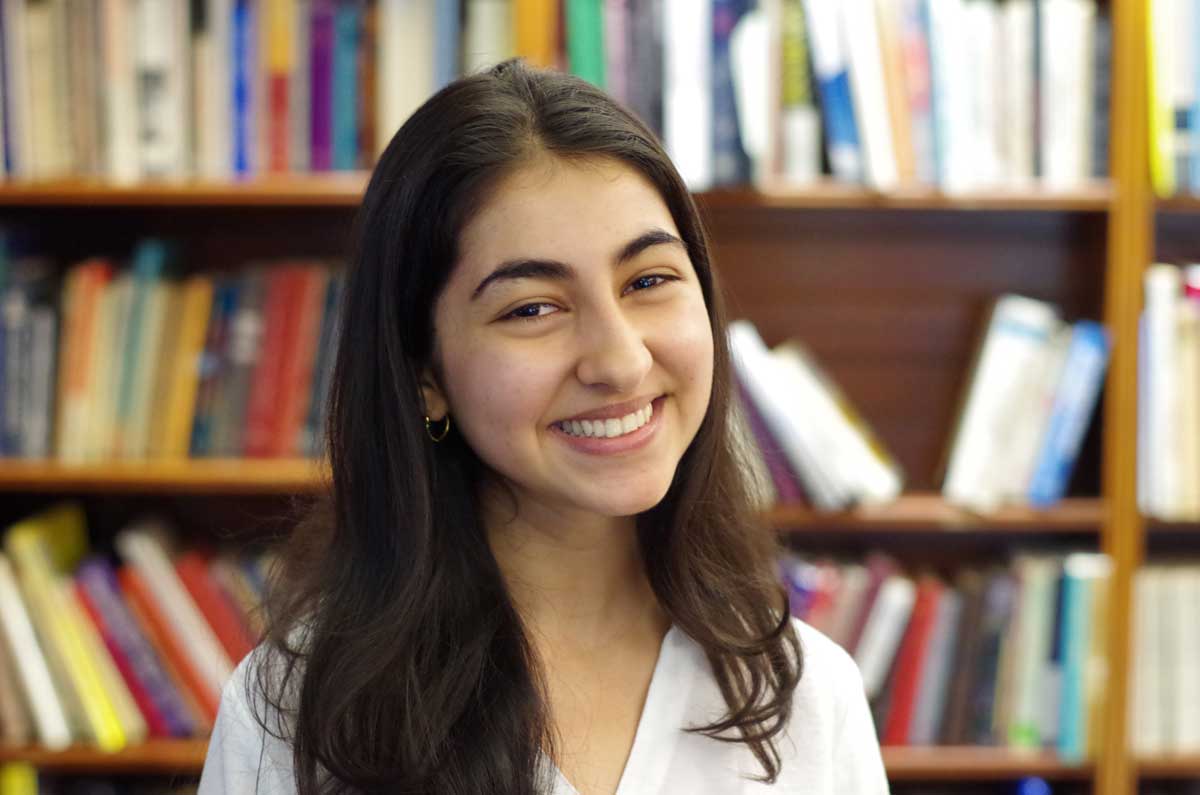 I never knew that I would have the opportunity to do social science research as an undergraduate until I got to Wellesley College. Towards the end of my first year, with my academic interests starting to gravitate toward Sociology and South Asia Studies, I knew I wanted to connect the concepts I was learning in the classroom to action-oriented research that produced tangible results for communities that I cared about. Through the helpful guidance of my peers, professors, and mentors, I discovered that I could get that opportunity by working at the Wellesley Centers for Women.
I never knew that I would have the opportunity to do social science research as an undergraduate until I got to Wellesley College. Towards the end of my first year, with my academic interests starting to gravitate toward Sociology and South Asia Studies, I knew I wanted to connect the concepts I was learning in the classroom to action-oriented research that produced tangible results for communities that I cared about. Through the helpful guidance of my peers, professors, and mentors, I discovered that I could get that opportunity by working at the Wellesley Centers for Women.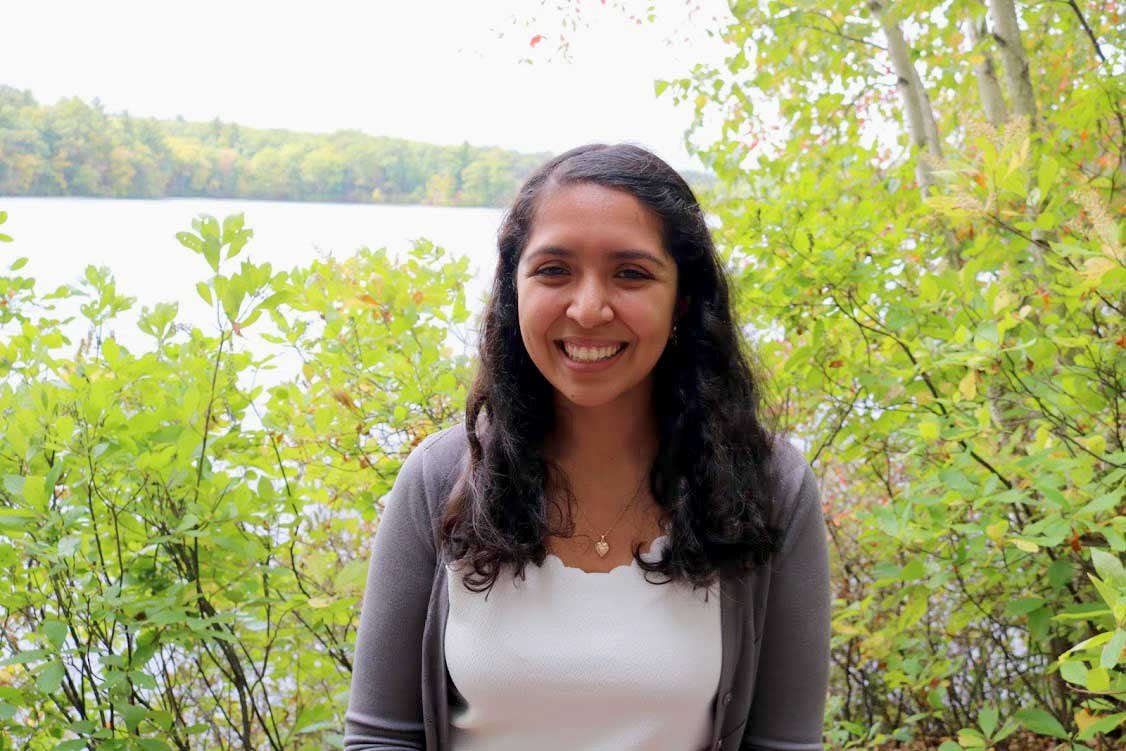 It is the spring of 2020, and my senior year at Wellesley College is not at all what I imagined it would be like. Before concerns about COVID-19 led
It is the spring of 2020, and my senior year at Wellesley College is not at all what I imagined it would be like. Before concerns about COVID-19 led 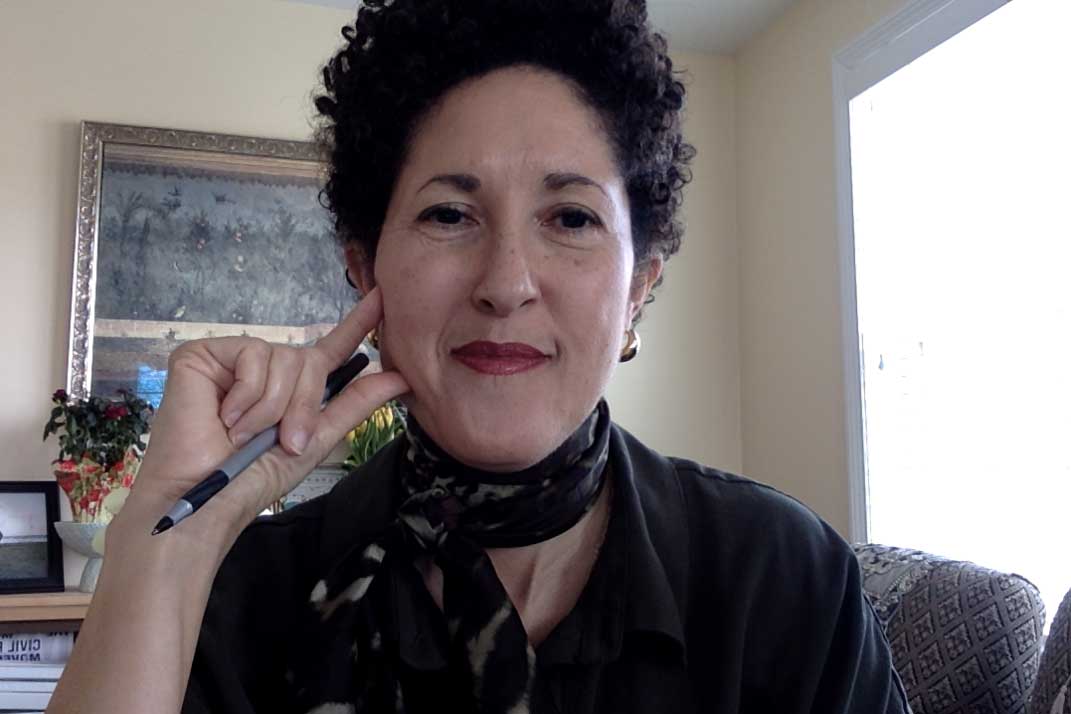 During this unprecedented time, our work at the Wellesley Centers for Women towards gender equality, social justice, and human wellbeing has taken on new meaning. As a society, we have become newly aware of just how fragile and precious human wellbeing is. And as an organization, we have been reminded of how deeply we care about the physical and mental wellbeing of our community — our research scientists, project directors, administrative staff, and supporters like you — as well as the larger global community to which we all belong.
During this unprecedented time, our work at the Wellesley Centers for Women towards gender equality, social justice, and human wellbeing has taken on new meaning. As a society, we have become newly aware of just how fragile and precious human wellbeing is. And as an organization, we have been reminded of how deeply we care about the physical and mental wellbeing of our community — our research scientists, project directors, administrative staff, and supporters like you — as well as the larger global community to which we all belong.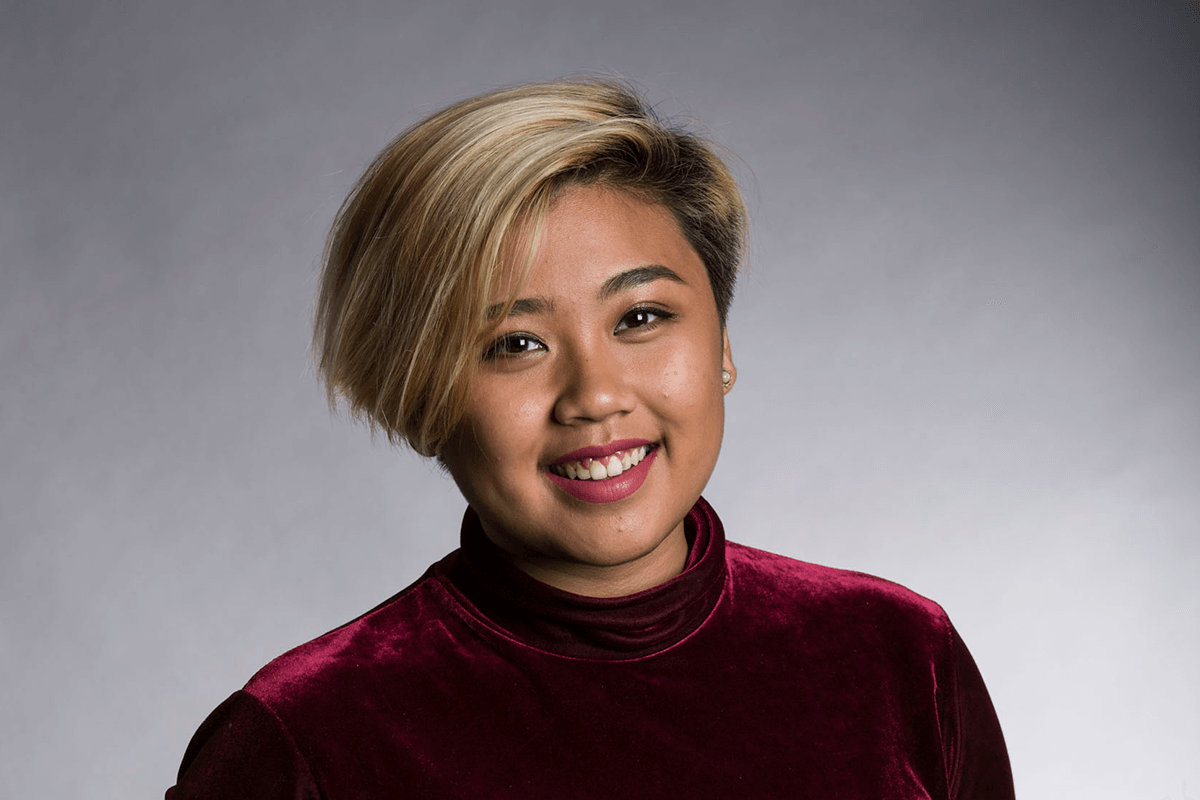 By the end of my first year at Wellesley College, I knew that I wanted to explore the world of research. I had taken the first of many gender studies courses to come, and left class with a head full of questions that I not only wanted answers to, but wanted to take a stake at answering. A stroke of luck brought me to an event for students to meet with research scientists at the Wellesley Center for Women. A stroke of better luck brought me to Dr.
By the end of my first year at Wellesley College, I knew that I wanted to explore the world of research. I had taken the first of many gender studies courses to come, and left class with a head full of questions that I not only wanted answers to, but wanted to take a stake at answering. A stroke of luck brought me to an event for students to meet with research scientists at the Wellesley Center for Women. A stroke of better luck brought me to Dr. 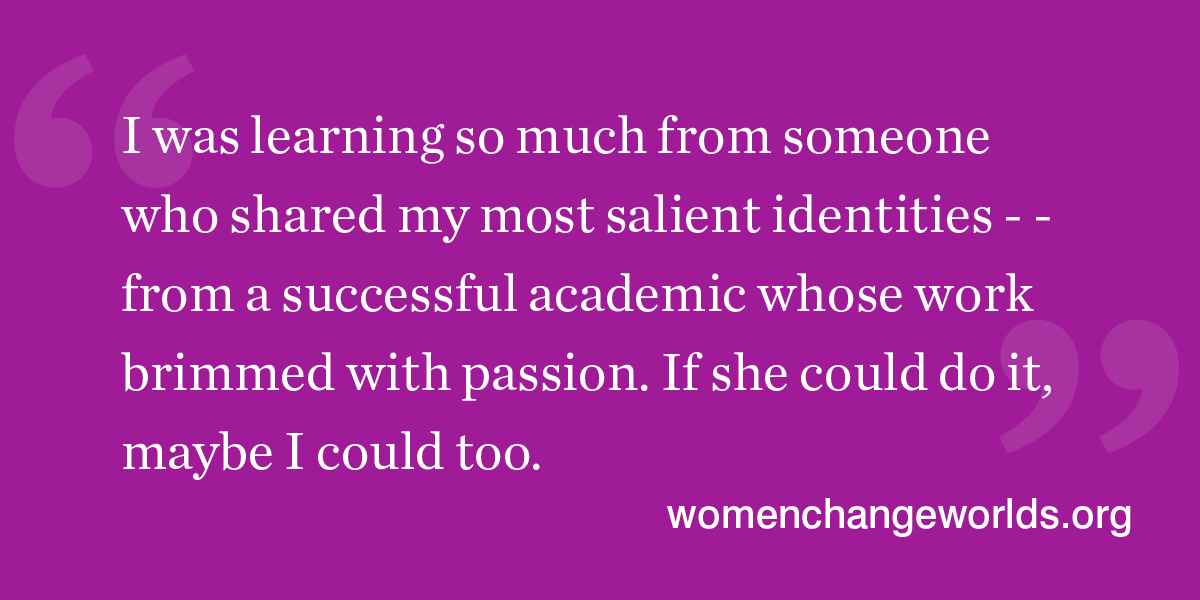 The power of representation became personal when I began to cultivate a mentor-mentee relationship with Linda. Our weekly/bi-weekly research check-ins were not only crucial for the advancement of the qualitative research we were conducting and my own research skills, but also for developing my own sense of worth and potential. Little by little, I was able to learn about Linda’s life and experiences, research and otherwise. I found out she was Thai (like me)! I found out that she also struggled in her undergraduate years (who knew that researchers were not perfect?). She spoke about her queerness in ways that normalized my own burgeoning questions about sexuality and gender. She validated my questions, hopes, and fears no matter how naive, incomplete, or overwhelming. I was learning so much from someone who shared my most salient identities - - from a successful academic whose work brimmed with passion. If she could do it, maybe I could too.
The power of representation became personal when I began to cultivate a mentor-mentee relationship with Linda. Our weekly/bi-weekly research check-ins were not only crucial for the advancement of the qualitative research we were conducting and my own research skills, but also for developing my own sense of worth and potential. Little by little, I was able to learn about Linda’s life and experiences, research and otherwise. I found out she was Thai (like me)! I found out that she also struggled in her undergraduate years (who knew that researchers were not perfect?). She spoke about her queerness in ways that normalized my own burgeoning questions about sexuality and gender. She validated my questions, hopes, and fears no matter how naive, incomplete, or overwhelming. I was learning so much from someone who shared my most salient identities - - from a successful academic whose work brimmed with passion. If she could do it, maybe I could too.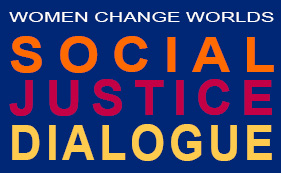 Social Justice Dialogue: Leadership for Social Change
Social Justice Dialogue: Leadership for Social Change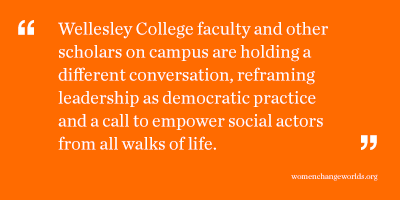 Second, the PPLA explores ways to do teaching and research that is driven by our values. We focus on the kinds of leadership and collective capacity we need to meet the common challenges our society face in a just way. We insist upon rigor and methodological soundness in our work, but we cannot separate moral and ethical considerations from our research and writing. Many scholars believe that our values suffuse our classrooms, laboratories, articles, and books whether we recognize and foreground them or not. The Project on Public Leadership seeks ways to affirm and support explicitly values-driven work.
Second, the PPLA explores ways to do teaching and research that is driven by our values. We focus on the kinds of leadership and collective capacity we need to meet the common challenges our society face in a just way. We insist upon rigor and methodological soundness in our work, but we cannot separate moral and ethical considerations from our research and writing. Many scholars believe that our values suffuse our classrooms, laboratories, articles, and books whether we recognize and foreground them or not. The Project on Public Leadership seeks ways to affirm and support explicitly values-driven work.